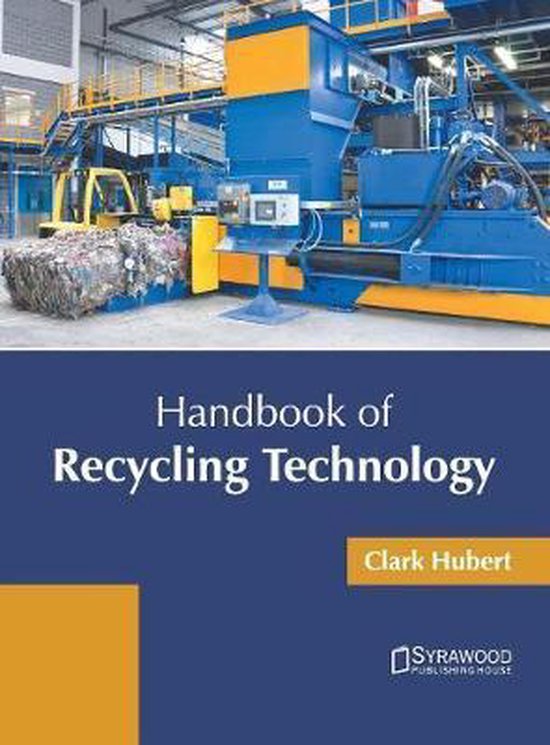
Traditional waste disposal has tremendous negative impact on the environment. Recycling is a viable alternative because it helps to reduce greenhouse gas emissions and prevent wastage. It involves the conversion of waste materials into new materials and objects. The materials that can be recycled include paper, glass, metal, textiles, electronics and plastic. Biodegradable waste such as garden waste and food can also be recycled. Recyclable materials are brought to a collection center and then sorted, cleaned and reprocessed into new materials. Recycling plays a crucial role in managing industrial waste. This book is compiled in such a manner, that it will provide in-depth knowledge about the practices of recycling. This book is a valuable compilation of topics, ranging from the basic to the most complex advancements in recycling technology. It aims to serve as a resource guide for students and experts alike and contribute to the growth of the discipline.
Traditionele afvalverwijdering heeft een enorm negatief effect op het milieu. Recycling is een haalbaar alternatief omdat het helpt de uitstoot van broeikasgassen te verminderen en verspilling te voorkomen. Het gaat om de omzetting van afvalmaterialen in nieuwe materialen en voorwerpen. De materialen die kunnen worden gerecycleerd zijn papier, glas, metaal, textiel, elektronica en plastic. Biologisch afbreekbaar afval zoals tuinafval en voedsel kan ook worden gerecycleerd. Recycleerbare materialen worden naar een inzamelingscentrum gebracht en vervolgens gesorteerd, schoongemaakt en opnieuw verwerkt tot nieuwe materialen. Recycling speelt een cruciale rol bij het beheer van industrieel afval. Dit boek is zo samengesteld dat het diepgaande kennis verschaft over de praktijk van recycling. Dit boek is een waardevolle compilatie van onderwerpen, variërend van de basis tot de meest complexe vooruitgang in recyclingtechnologie. Het is bedoeld als hulpbron voor zowel studenten als deskundigen en moet bijdragen aan de groei van het vakgebied.
Geef een reactie
Je moet ingelogd zijn op om een reactie te plaatsen.